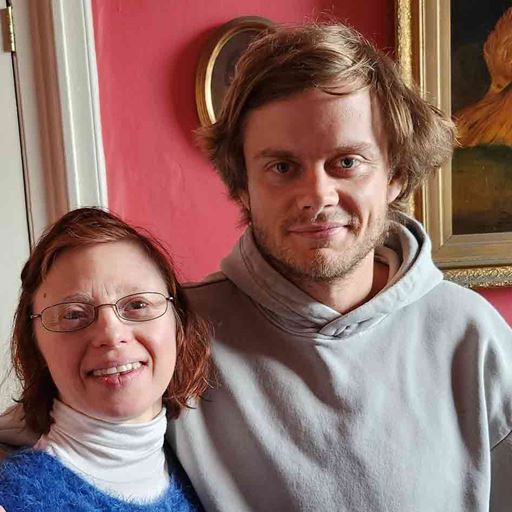Gret and Will is written by Professor Elizabeth Kuti, from the Department of Literature, Film, and Theatre Studies.
It tells the story of fictional character Gret who is employed in the royal court as Anne Boleyn’s fool. Saved from the streets by her humour and charisma, Gret enters a strange new world where she meets Will Somers, the well-known, real-life jester to the King.
As their relationship deepens, Gret is faced with the fact that Anne’s rise cannot last, and that her fall could drag Gret down with her, forcing her to choose between betraying the Queen who gave her everything or losing it all.
Starring two of Britain’s best-known rising neurodivergent actors, Sarah Gordy and Jack Morris, the play explores a widely held theory that fools in the Tudor court were some of the most famous, powerful and enigmatic neurodivergent people in history.
Professor Kuti won the BBC Audio Award for best original drama in 2020 for her play Sea Longing, created for BBC’s Drama on 3. Previously she was Writer in Residence at Hampton Court Palace, where she wrote two works, one for the Palace’s 500th anniversary celebrations.
Gret and Will gave Professor Kuti the chance to explore further some of the things she learnt about fools and fooling in royal courts: “I was really interested particularly to know that fools weren’t all male, there were women fools. And I was also really interested that many would have been neurodivergent.”
One of the biggest challenges she faced writing the play was making sure the language was accessible to all.
“I would love it if listeners with learning disabilities or neurodiverse listeners found it engaging and interesting,” she said.
Listen to Gret and Will on BBC iPlayer.
Header picture of Sarah Gordy and Jack Morris, courtesy of BBC Radio 4 and Pier Productions.

.jpg?mh=500&mw=500&hash=6568B6C9CCF5290A596BEF6678B6AD0E)




